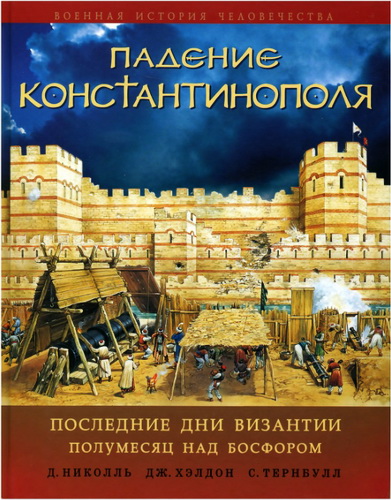
Sacks - Covenant & Conversation - 2 - Exodus
The book of Exodus is the West’s meta-narrative of hope. It tells an astonishing story of how a group of slaves were liberated from the mightiest empire of the ancient world. Theologically, its message is even more revolutionary: the supreme power intervenes in history in defence of the powerless. Never before and never since has the message of monotheism been more world-transforming, and the exodus narrative has inspired many of those who, in later times, fought oppression in the name of freedom and began the long journey across the wilderness in search of the promised land.
In the seventeenth century it inspired the English Puritans and parliamentarians in their battle against an overbearing king. It was engraved on the hearts of the Pilgrim Fathers as they set sail across the Atlantic in search of a new world. Thomas Jefferson and Benjamin Franklin used it as their image when, in 1776, they drew their designs for the Great Seal of the United States. When African-Americans sang of freedom, they said, “Go down Moses, way down in Egypt land, tell old Pharaoh, Let my people go.”
On 3 April 1968, Martin Luther King delivered a sermon in a church in Memphis, Tennessee. At the end of his address, he referred to the last day of Moses’ life, when the man who had led his people to freedom was taken by God to the top of a mountain from which he could see in the distance the land he was not destined to enter. That, said King, was how he felt that night. “I just want to do God’s will. And He’s allowed me to go up to the mountain. And I’ve looked over. And I’ve seen the promised land. I may not get there with you. But I want you to know tonight that we, as a people, will get to the promised land.” That night was the last of his life. The next day he was assassinated. Forty years later, for the first time in history, an African-American was elected president of the United States.
Rabbi Jonathan Sacks - Covenant & Conversation: A Weekly Reading of the Jewish Bible. Exodus: The Book of Redemption
Maggid Books & The Orthodox Union, Koren Publishers Jerusalem Ltd., New Milford, London, Jerusalem, 2010. - 258 pp.
ISBN 978-159264-021-8, hardcover
Rabbi Jonathan Sacks - Covenant & Conversation: A Weekly Reading of the Jewish Bible. Exodus: The Book of Redemption - Contents
Exodus: The Birth of a Nation
Shemot שמות
Civil Disobedience
The Light at the Heart of Darkness
The Belief of a Leader
Of What Was Moses Afraid?
Va’era וארא
The Cup of Hope
The Hardened Heart
A Handful of Dust
The God Who Acts in History
Bo בא
Heart of Darkness
Schools of Freedom
The Covenant of Fate
Letting Go of Hate
Beshallah בשלח
Time and Social Transformation
The Divided Sea: Natural or Supernatural?
Four Models of Leadership
The Turning Point
Yitro יתרו
Justice or Peace?
A Kingdom of Priests
A Holy Nation
Mount Sinai and the Birth of Freedom
Mishpatim משפטים
Helping an Enemy
Text and Interpretation: The Case of Abortion
God Is in the Details
Loving the Stranger
Teruma תרומה
A Portable Home
Voluntary Contribution
The Home We Make for God
The Making of an Ark
Tetzaveh תצוה
Priests and Prophets
Whose Footsteps Do We Follow When We Pray?
Brothers: A Drama in Five Acts
Do Clothes Make the Man?
Ki Tissa כי תשא
A Stiff-Necked People
Shabbat and the Golden Calf: Reflections on the Great Crash of 2008
Counting Jews
Awakening from Above, Awakening from Below
Vavak-hel ויקהל
The Sabbath: First Day or the Last?
Three Kinds of Community
Nation-Building: Ancient Answer, Contemporary Problem
The Beauty of Holiness or the Holiness of Beauty
Pekudei פקודי
Above Suspicion: Integrity in Public Life
God at the Centre
Encampments and Journeys
Exodus: The Narrative Structure
About the Author
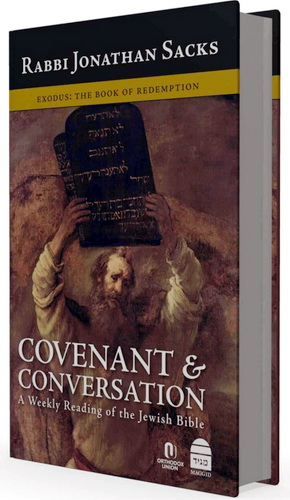
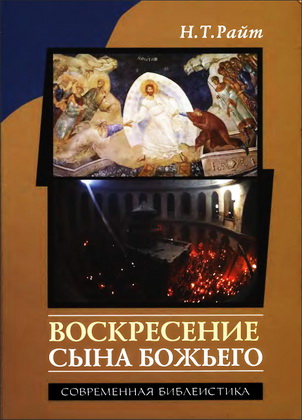
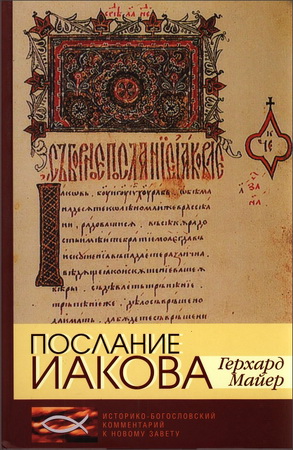
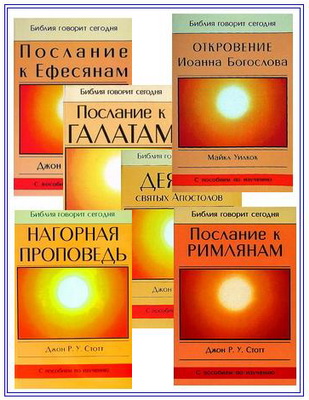
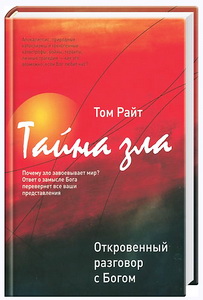
Комментарии
Пока нет комментариев. Будьте первым!